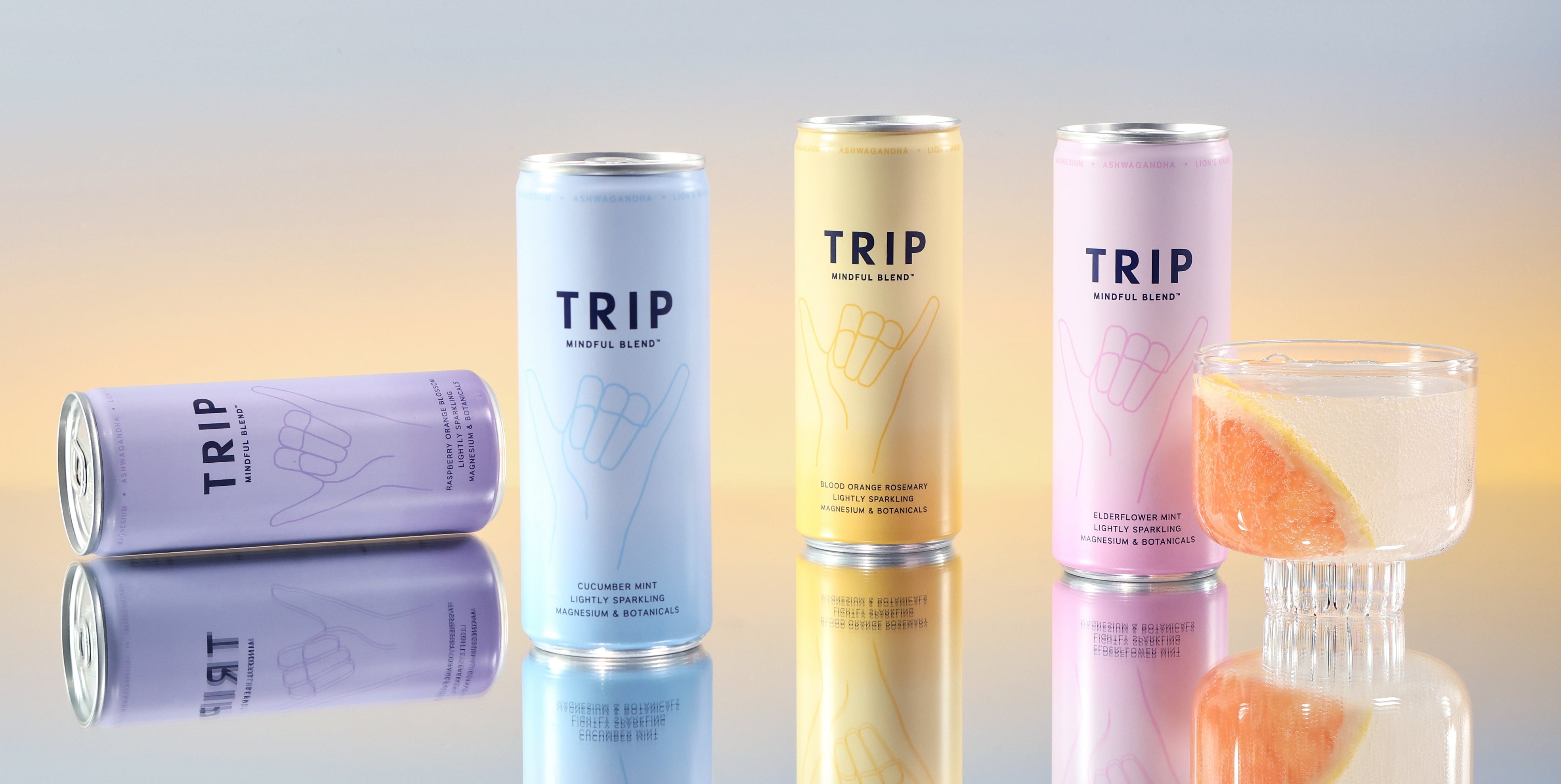Viridian, an independent supplement manufacturer known for promoting transparency, organic ingredients and ethical practices, faced an ASA investigation following two advertisements that positioned its products as a cleaner alternative in a market saturated with ‘ultra-processed’, filler-laden supplements.
The ASA ruled that Viridian’s ‘no junk’ ads were misleading and unfairly discredited competitors, banning them for making unsubstantiated purity claims and implying unjustified superiority over other supplements.
Holly Thallon Steenson, MD of Viridian, said that this is a decision encouraged by competitors of Viridian and does not support the public’s interest in consuming less ultra-processed foods (UPFs).
What was wrong with the Viridan ads?
The ASA ruled that Viridian made misleading and unsubstantiated claims in its ads by promoting supplements using phrases like ‘no junk,’ ‘pure vitamins,’ and ‘100% active ingredients,’ while criticizing other products as ‘mass produced’ or ‘ultra processed.’
The authority said that these claims could lead consumers to believe that Viridian’s supplements were superior in quality and noted that Viridian’s products included extra ingredients like cellulose and alfalfa, which therefore would not qualify the supplements as ‘100% active’ or ‘pure’ in consumers’ eyes.
The ASA also noted that ‘ultra processed’ had no clear definition, and Viridian did not prove its production methods differed meaningfully from competitors.
As a result, the ASA banned the ads and instructed Viridian to stop claiming its products are ‘pure,’ contain ‘no junk,’ or are ‘100% active ingredients’ without solid evidence, to avoid suggesting its products are not ‘ultra-processed,’ and to refrain from insulting or discrediting competitors’ products.
Viridian responds to ASA ruling
Following the ASA’s decision, Viridian argued that it based claims on comparisons with common ingredients used in mass-market supplements.
“Our ‘no junk’ campaign clearly hit a nerve with our competitors, who chose to persuade the HFMA council to lodge the complaint with the ASA,” Thallon Steenson said in a press statement. “While we acknowledge the decision and will amend our campaign, I am deeply disappointed by this ASA ruling.”
She said that industry should be focusing on the use of fillers, binders and other artificial additives, noting that the company’s choice to use demonising terms was a bold move about “daring to spotlight label small print, and shining a floodlight on the darker corners of food supplement manufacturing.”
Thallon Steenson emphasized support for Viridian’s continued mission to “champion clean manufacturing and the right of the public to choose additive-free supplements,” praising the team behind the campaign in question, which drew from the “2024 Viridian ‘No Junk’ White Paper.”
The white paper encourages consumers to scrutinise supplement labels as they would ready-meal ingredients, reading: “You wouldn’t hesitate to read a food label. This will be the year you will also read supplement labels and get to know the brands you’re buying. You’ll be able to identify common additives like magnesium stearate and carrageenan that don’t need to be there and you’ll choose brands whose formulations are not only as pure as possible but also proven to be effective.”





